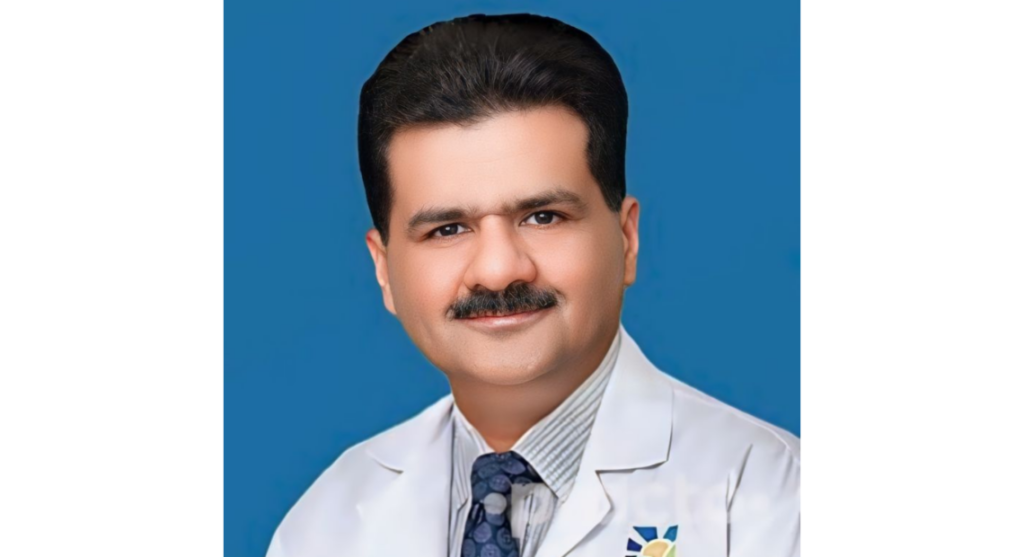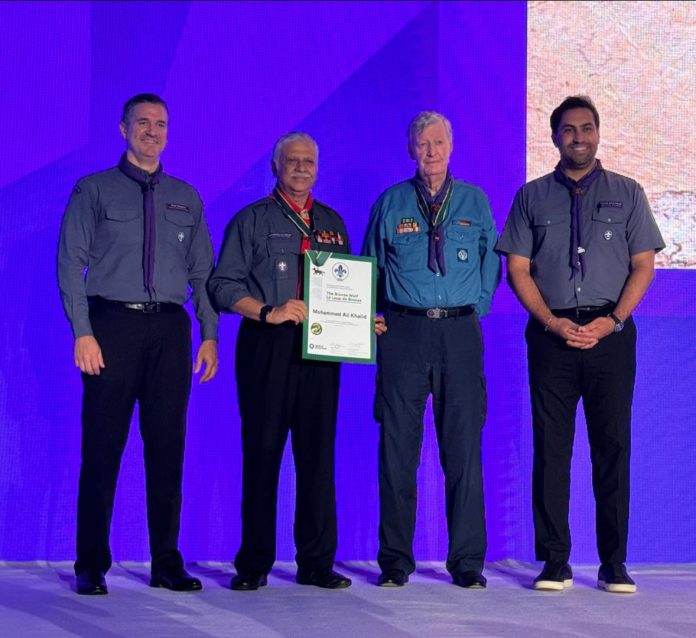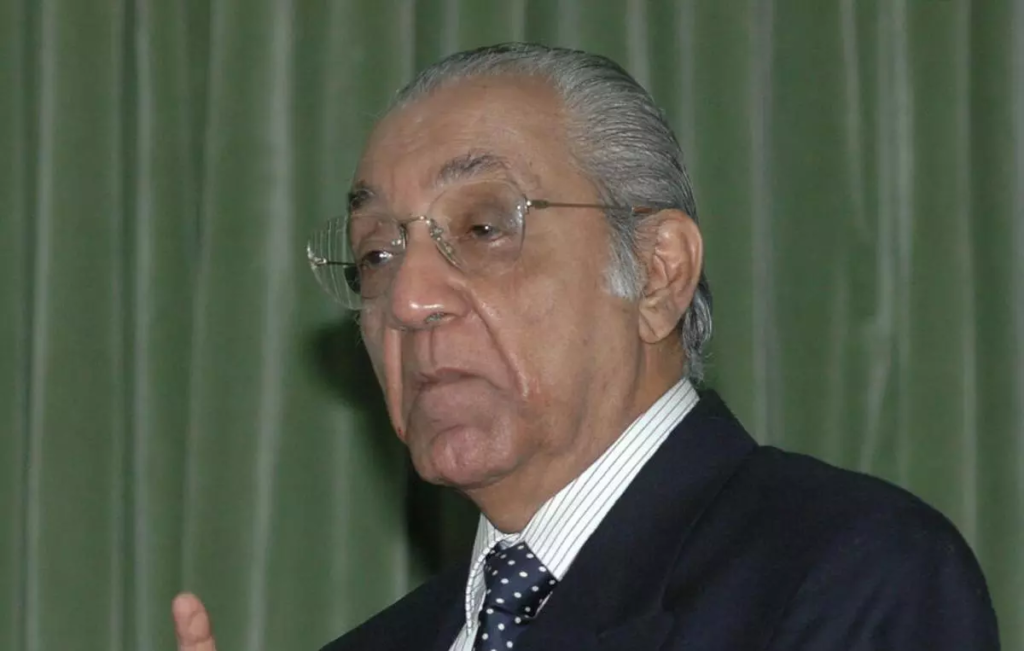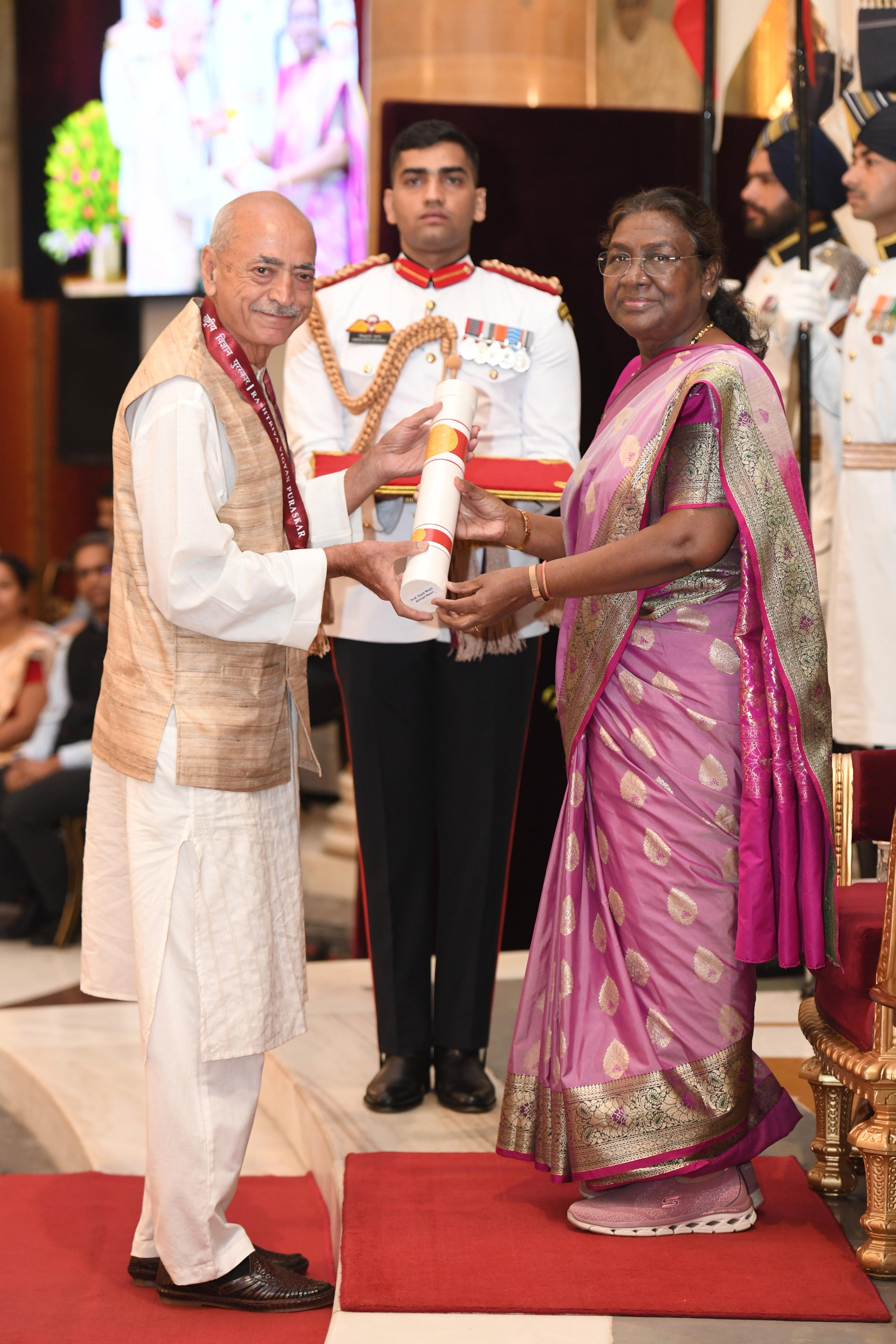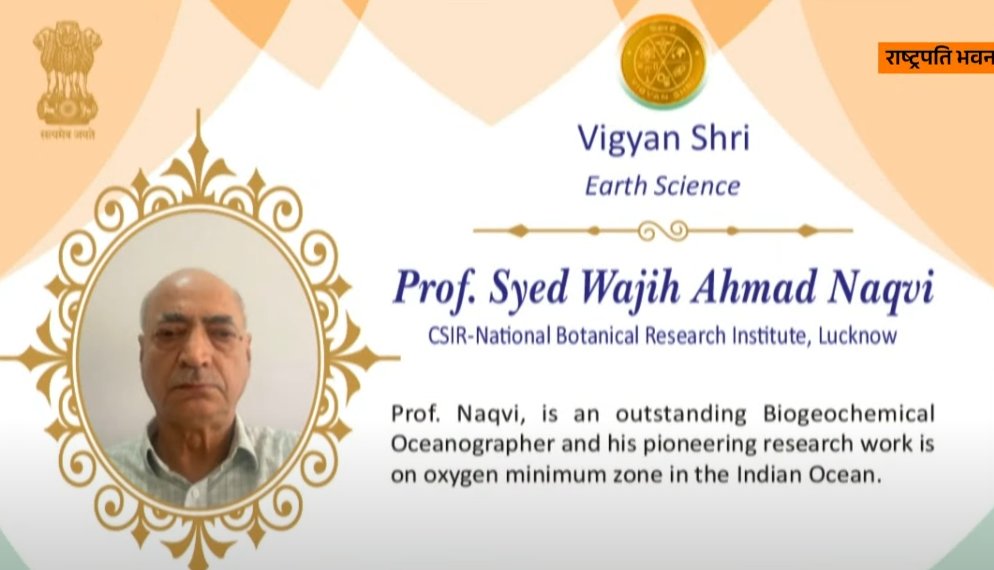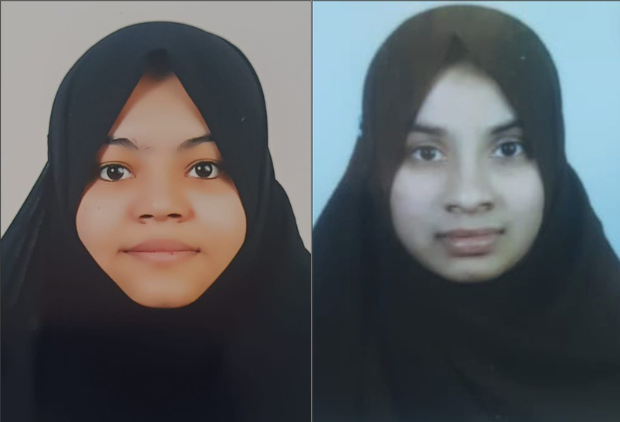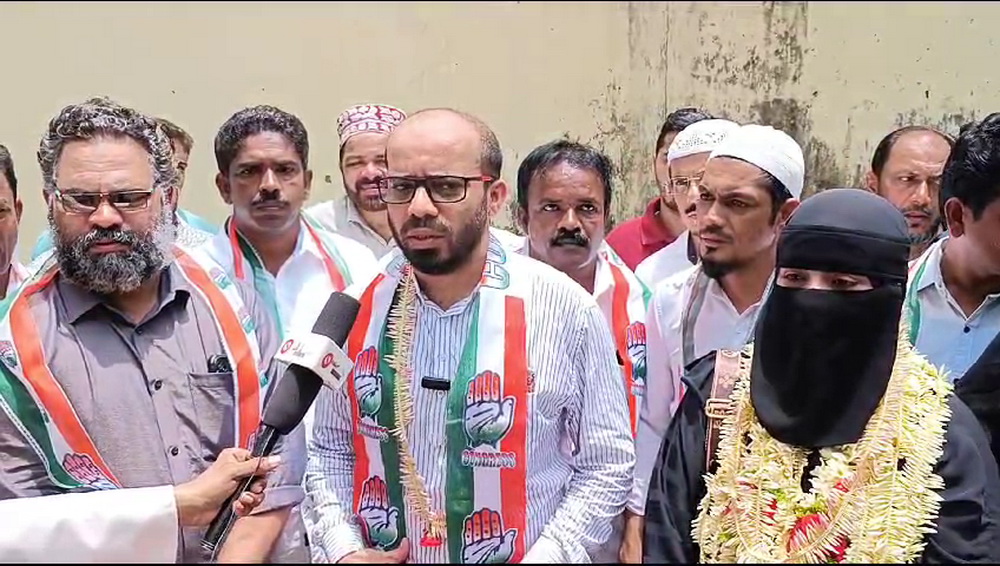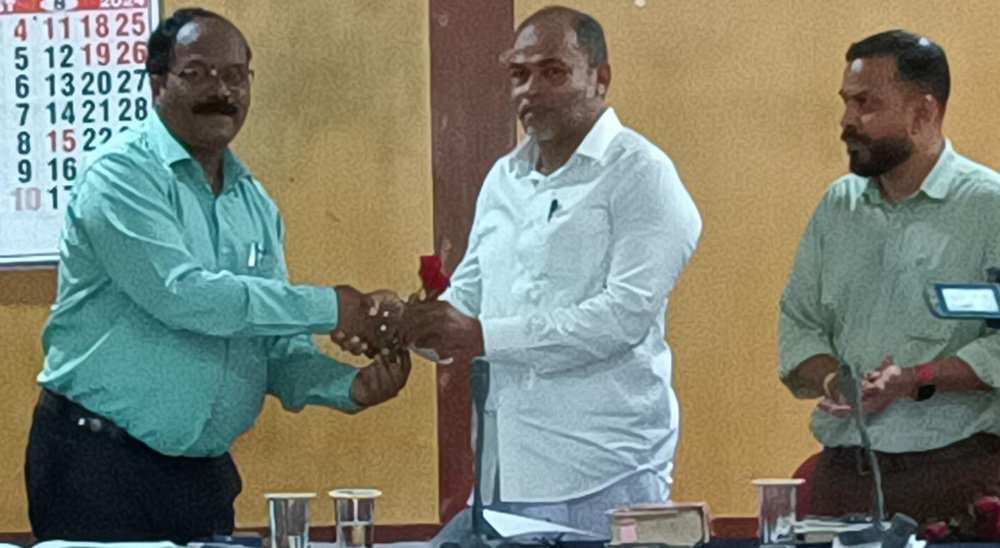Chennai, TAMIL NADU:

A view of the Indian Bank headquarters on Rajaji Salai / Photo : R. RAGU
The Indian Bank recently launched its commemoration of its 100th year of business. But this month’s centenary is that of the collapse of Arbuthnot & Co., out of whose ruins there arose the Indian Bank.
The story of Arbuthnot’s and the bank that it ran has been narrated in this column before. Late last year, as the centenary year began, one part of it – the legal proceedings that followed – were narrated in detail in “the first full-length book on this spectacular financial catastrophe”, The Fall of Arbuthnot & Co., by Dr. Rangaswamy Srinivasan (EastWest Books). Today, I recall some of the key dates involved in the death of one bank and the birth of a new one.
It was on October 20, 1906, that P. Macfadyen, Arbuthnot’s correspondent and associate in Britain, committed suicide. On October 22, Arbuthnot’s petitioned the court to be declared insolvent and The Hindu reported that “a regular panic had taken hold of (the disappointed Creditors) and a rush was made to the High Court… “
V. Krishnaswami Aiyer, a young vakil at the time, taking his cue from a letter that had appeared in The Hindu, got together eight other like-minded persons and on November 2, 1906, they sent out a circular inviting the public’s views on the possibility of starting “a Native Bank in Madras”. Encouraged by the response they got, they called a public meeting on December 2 that was attended by 28 of the leading citizens of Madras. Out of these and subsequent deliberations emerged The Indian Bank Limited, registered on March 5, 1907 and opening its doors in Parry’s building on August 15th that year.
That Indian Bank was the second Indian bank to be established in Madras.
The first, the Madras Central Urban Cooperative Bank, was established on September 16, 1905. Other Indian banks, however, had been founded in the Madras Presidency before these two. They included the Tanjore Permanent Fund, now the Thanjavur Bank, started in 1901; the South Indian Bank, started in Tirunelveli in 1903; and the predecessor of the present City Union Bank, Kumbakonam, in 1904. Also predating the Indian Bank were the Canara Banking Corporation, Udipi, now the Corporation Bank, and the Canara Hindu Permanent Fund, now the Canara Bank, both started in 1906.
The eight who signed the circular Krishnaswami Aiyer drafted were :
H. Mohamed Abdul Azeez Badshah Saheb, Senior Partner of the firm with the same name and Hony. Consul for Turkey; Muraleedoss; T. Seetharama Chetty, Senior Partner of Moses & Co.; M.A. Kuddus Badshah Saheb; M. Jamal Mohideen and Co.; V. Bashyam Iyengar, High Court vakil and a former Judge of the Court; and P.R. Sundara Iyer, High Court vakil.
When the Bank was floated, its first Directors included four of these signatories – Seetharama Chetty, Azeez Badshah, Muraleedoss (Ramdoss) and Krishnaswami Aiyer.
Their fellow Directors were Lodd Govindoss, C.P. Ramaswami Aiyar, a High Court vakil at the time; Dewan Bahadur M. Adinarayanan Iyer, retired Deputy Settlement Commissioner; and two Nattukottai Chettiars, Rm.M.St. Chidambaram Chettiar and Dewan Bahadur S.Rm.M. Ramaswamy Chettiar, representing the community which substantially funded the Bank.
Ramaswamy Chettiar was the elder brother of Annamalai Chettiar who was to receive the title Rajah and who was to play a major role in the bank in his later years.
Of the 74 Directors of Bank up to nationalisation in 1969, thirty were Nattukottai Chettiars.
source: http://www.thehindu.com / The Hindu – The Metro Plus Chennai, Online edition / October 09th, 2006
